China has advised its automakers to ensure that advanced Electric Vehicle (EV) technology remains within the country, according to a report by Bloomberg. In a meeting held in July, China’s Ministry of Commerce (MOFCOM) met with more than a dozen auto companies, urging them to avoid investments in India’s auto sector.
China’s Focus on Retaining EV Technology
China has become a global hub for manufacturing and aims to avoid export tariffs by building factories around the world. However, the country is encouraging its automakers to export knock-down kits (components of cars) to foreign plants rather than fully assembled vehicles. This means that key vehicle parts will be manufactured in China, with final assembly taking place in other countries.
Chinese Automakers Expanding Globally
Chinese automakers, including BYD and Chery Automobile, are actively working on setting up factories in various countries like Spain, Thailand, and Hungary. These companies are leveraging innovative and affordable EVs to penetrate global markets. However, China’s Ministry of Commerce emphasized that these companies should not invest in India’s automotive sector. Additionally, companies planning investments in Turkey must notify the Ministry of Industry and Information Technology, which oversees China’s EV sector in Turkey and collaborates with local Chinese embassies.
Production Priorities at Home
China’s focus on domestic production comes at a time when many of the country’s major car manufacturers are concentrating on keeping manufacturing within China. This approach is intended to avoid export tariffs on China-made EVs. MOFCOM’s guidelines demand that production remain within the country, which could potentially hinder plans for global expansion by Chinese automakers.
Impact on Global Business Expansion
This restriction could limit the business expansion plans of these companies. Automakers are now seeking new markets to reduce competition and attract new customers. However, it might also affect European markets that are hoping to attract Chinese car companies to boost local economies and generate jobs.
Potential Setback for European Markets
European countries could face challenges from this move, as many were hoping that Chinese car manufacturers would set up local operations, bringing jobs and economic benefits. For instance, BYD has plans to start a factory in Turkey with an annual capacity of 150,000 cars, potentially providing employment for 5,000 people.
During the meeting, MOFCOM reportedly mentioned that countries trying to attract Chinese automakers are often the ones considering trade barriers against Chinese vehicles. Manufacturers were urged not to blindly follow trends or rely on foreign government incentives for investment.
BYD’s Turkey Plans and European Expansion
In July, Turkish politicians announced that BYD had agreed to set up a $1 billion plant in the western region of Turkey. The new factory could help improve BYD’s access to the European Union market. Notably, in June, Turkey introduced a 40% tariff on vehicle imports from China, making local production more attractive.
Ongoing India-China Tensions
Meanwhile, tensions between India and China persist. After a 2020 border clash, relations between the two nations remain strained. Chinese state-owned SAIC Motor Corp, which controls MG Motor India, was investigated for financial irregularities in 2022. Last year, SAIC reduced its stake in MG’s Indian operations.
This policy from the Chinese government is seen as a strategic move to keep key technologies within the country and ensure that local companies dominate the global EV market, while avoiding potential risks from investing in countries that may impose trade barriers.
Conclusion
China’s push to retain EV technology within the country and restrict investments in certain regions, including India, highlights its strategy of dominating the global EV market while protecting its economic interests. The decision could impact global expansion plans of Chinese automakers, but it also underscores China’s commitment to maintaining its technological edge in the rapidly growing EV industry.
Bringing you the latest updates on finance, economies, stocks, bonds, and more. Stay informed with timely insights.














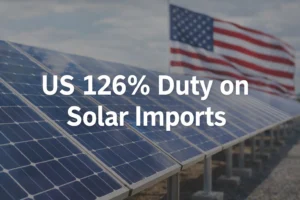
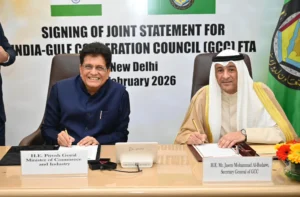


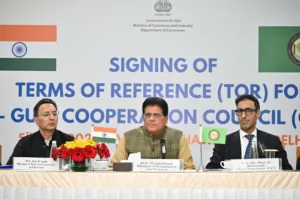






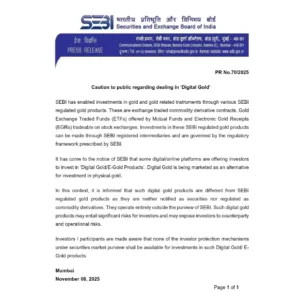











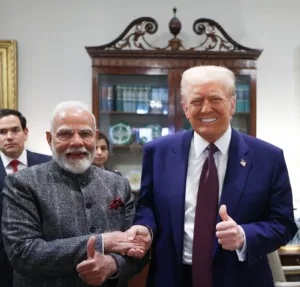





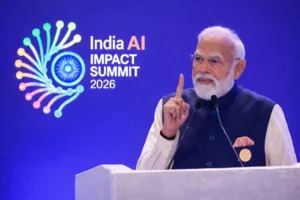




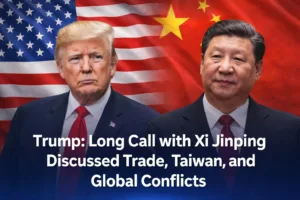


Be First to Comment